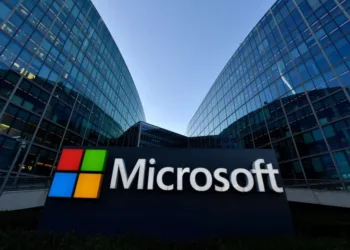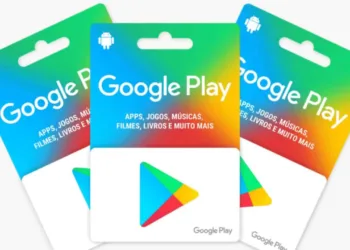Apple’s MagSafe chargers have now been spotted with support for the newer Qi 2.2 wireless charging standard, even though the company hasn’t officially announced any product using this version.
Although the Wireless Power Consortium (WPC) previously added Apple’s magnetic alignment tech to Qi 2.1, it appears Apple has gone right to Qi 2.2. Proof of this as well can be found on Taiwan’s National Communications Commission (NCC) website, which has a listing of two new MagSafe models – A3503 and A3502, which are purported to support Qi 2.2.

Table of Contents
Apple MagSafe Chargers with Qi 2.2 Support Spotted on NCC, Offer Faster Charging and USB-C Output
The new MagSafe units are shown in the NCC listings as round, white charging pucks with long braided USB-C cables. The A3503 has a 2-meter cable, and the A3502 has a 1-meter cable. Judging by the scale in the photos, the puck is expected to be about 100 mm in diameter. The chargers also have the NCC ID and logo printed right under the cable that enters the puck.

From the product labeling, it appears these MagSafe chargers can deliver up to 45W of power (15V at 3A), assuming they are connected to a compatible USB Power Delivery (USB PD) wall adapter. Interestingly, the chargers have reportedly been tested with both the iPhone 16 and iPhone 11, suggesting backward compatibility with at least the last few iPhone generations.

Qi 2.2 brings significant improvements over its predecessor, Qi 2.0. It supports faster charging speeds—up to 50W compared to the previous 15W—along with better magnetic alignment, improved efficiency, and reduced heat generation during charging.
Additionally, Qi 2.2 remains compatible with older Qi and Qi 2 devices and is designed for cross-brand functionality. While the standard is still in its early stages, Apple’s early adoption hints at a broader shift toward faster, more efficient, and more universally compatible wireless charging.
FAQs
What is Qi 2.2?
It’s the latest wireless charging standard with up to 50W speed.
Do new MagSafe chargers support older iPhones?
Yes, even models like iPhone 11 are supported.








